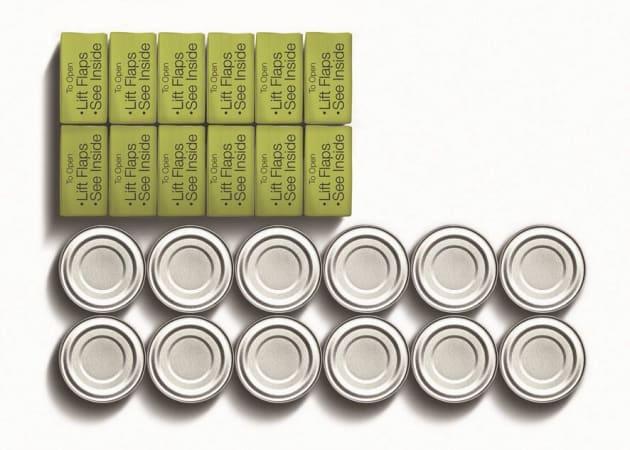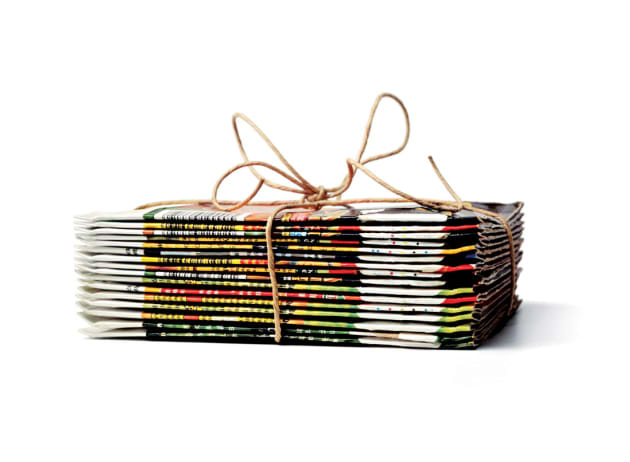We spoke to Tetra Pak's Jason Bezzina about the introduction of a retortable carton package in Australian and New Zealand markets.
Offering an alternative to cans, stand-up pouches, and glass jars, the shelf-stable Tetra Pak Recart carton isn't new, according to business development manager Jason Bezzina, who spoke to PKN at Auspack last week.
It's been a quiet achiever in Europe – particularly Italy, where it's been used to package tomatoes for the last 10 years or so.
But other markets around the world have been slowly embracing it as a solid alternative to cans and jars that, quite simply, fits better and looks better on the shelf.
“There's been a big move in South America towards using it for beans and similar products,” Bezzina says.
“And it's now widely used in Europe and the US – but so far, we've been conservative with the Australian market.”
That is, until last week, when a decision was made to introduce Tetra Recart to the Australian and New Zealand market.
Bezzina (pictured below) has been appointed specifically to help food manufacturers understand the opportunities and benefits of the carton.

He has 19 years’ experience in the food processing and packaging industry, and most recently worked at Silgan White Cap Incorporated as its regional sales manager.
Tetra Pak Oceania managing director Craig Salkeld said there were “significant opportunities” for further growth in the region, especially with the continuing strength of Australian and New Zealand food exports.
Tetra Pak Recart is considered more functional and convenient for consumers, as well as more sustainable.
Consumers also enjoy it as it doesn't have the “metallic taste” cans can emit.
The cartons come with a perforated edge opening, which enables quick and safe opening of the package.
It pours easily with a full-top opening, and can be flattened when it needs to be discarded.
Bezzina says Tetra Recart also provides efficiencies through the value chain.
“Manufacturers stand to gain 15 to 20 per cent cost savings from the overall production cost,” he says.
“There are additional savings in logistics as well. For every nine trucks of empty cans, you only need one truck of flat packed Tetra Recart cartons.”
It can handle high pressure, and pressure in the retort process as well.
“The Tetra Park Recart is similar to the Brik Aseptic, which is a purely aseptic type of packaging, but the Recart can handle either hot fill or retort, and both liquid and large particles," he says.
“It’s the 21st century alternative to canned food, offering about the same result of canned food in terms of shelf life – which is about two years.”
Bezzina says customers considering Tetra Recart have the option of trying it out with a mobile test unit supplied by Tetra Pak.







